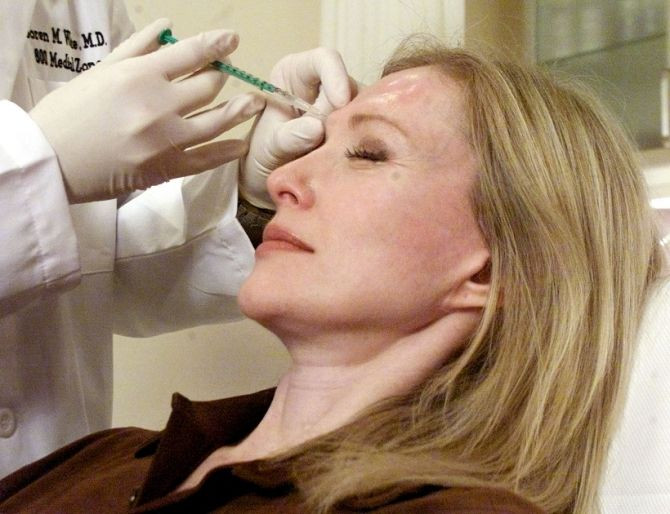Botox May Prove to Be Surprising Ally Against Depression

A common complaint about wrinkle reducer and muscle relaxant Botox is that it prevents people from showing their emotions. But that complaint may be an asset for people with depression who have found treatment to be elusive.
The trial, published in a recent issue of the Journal of Psychiatric Research, was the first that examined the effect that botonulinum toxin, commonly known as Botox, could have on depression. The study focused on 30 patients with major depression. Half were assigned Botox injections; the other half were assigned saline injections that would act as a placebo.
After six weeks, their depression was measured with the Hamilton Depression Rating Scale, which asks health care professionals to rank patients’ symptoms on a scale from 0 to 66, with a score of 0-7 being considered normal and anything above 20 indicates moderate to severe depression. Symptoms tested on the scale include depressed mood, insomnia and weight loss. Six weeks after the injections were administered the patients who had received placebo injections had a 9 percent reduction in depression symptoms. In patients who had received Botox injections, their symptoms were reduced by an incredible 42 percent.
Researchers became interested in the idea of Botox treatment for depression when anecdotes surfaced about how Botox had improved recipients’ moods. Case studies on depressed patients who had received the treatment had also reported similar data. Previous research on Botox had found that the injections made it more difficult to read other people’s emotions.
This study would seem to confirm that facial muscles do not simply broadcast people’s emotions, but are important for identifying and experiencing emotions. Study author M. Axel Wollmer, a psychiatrist from Switzerland’s University of Basel, said that the treatment may interrupt the development and maintenance of negative emotions. Indeed, the study authors say, “Facial musculature not only expresses, but also regulates mood states.” The study authors say that their research may indicate that Botox can be used as a short-term solution for depression.
Published by Medicaldaily.com



























